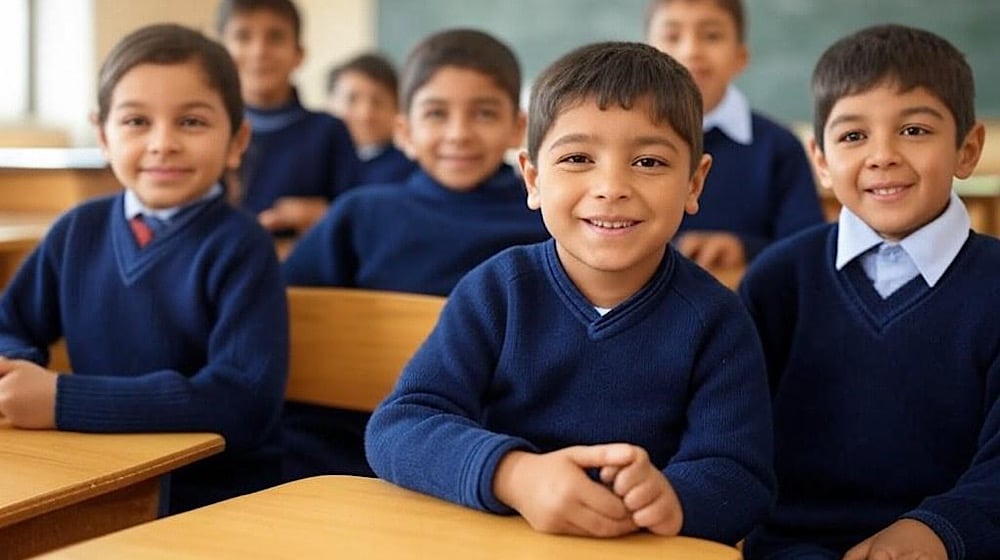
In a major step toward educational revival, the Balochistan government has successfully reopened 1400 previously non-operational schools across the province. This effort is part of a broader mission to ensure the provision of quality education, raise literacy rates, and bridge educational gaps, particularly in underdeveloped and remote areas.
Under the supervision of Chief Minister Mir Sarfraz Bugti, the government is actively addressing the shortage of teachers and improving school facilities to ensure that no school remains closed.
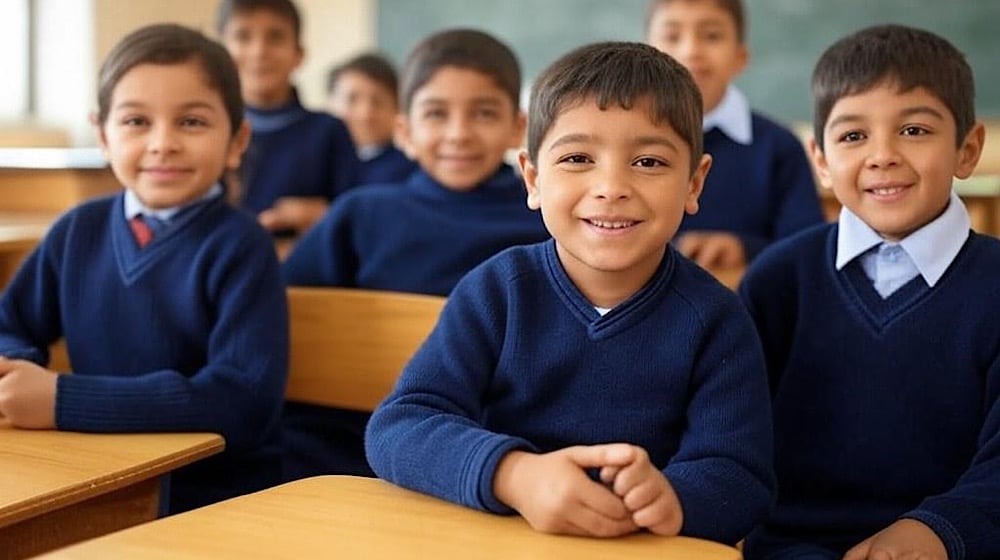
Three-Phase Plan for Reopening Schools
The government is implementing a phased approach to reopen all 3400 closed schools. The process has been carefully planned to ensure sustainability and educational quality.
Phase One
-
A total of 1400 schools have been reopened.
-
Teachers have been appointed on a contract basis.
-
Schools have resumed operations in both urban and rural areas.
Phase Two
-
An additional 1800 schools are scheduled to be reopened by the end of the month.
-
Appointment orders for newly selected teachers will be issued based on merit.
-
The focus is on ensuring that each school has adequate staff before reopening.
Phase Three
-
The remaining 200 schools are expected to be made operational soon after Phase Two.
-
Priority will be given to institutions in hard-to-reach and remote areas.
Recruitment of Teachers to Support Reopened Schools
To make this initiative effective, the School Education Department has launched a recruitment drive to fill teaching positions in the reopened schools.
Key Points of the Recruitment Plan
-
Teachers are being selected through a transparent and merit-based process.
-
Over 1400 teachers have already been hired on a contractual basis.
-
Appointment letters for the next batch of teachers will be issued before the end of the month.
-
More than three thousand teachers are expected to be hired in total to support the complete reopening of schools.
Government's Focus Areas in Educational Development
The Balochistan government is not only reopening schools but also addressing broader educational challenges. The focus is on building a sustainable and inclusive educational system.
Main Objectives
-
Reactivation of closed and inactive schools
-
Recruitment and placement of qualified teaching staff
-
Enhancement of educational quality through training and monitoring
-
Immediate attention to schools in far-flung and underdeveloped regions
According to an official, education is a fundamental right of every child and it is a shared responsibility to protect and fulfill this right.
Expected Outcomes of the Initiative
The initiative is expected to bring substantial improvement in the literacy rate and educational accessibility throughout Balochistan.
Projected Impact Overview
| Area | Current Status | Post-Initiative Goal |
|---|---|---|
| Total Closed Schools | 3400 | Zero by end of final phase |
| Schools Reopened | 1400 | All 3400 to be operational |
| Teachers Appointed So Far | More than 1400 | More than 3000 expected |
| Estimated Literacy Rate | Less than 50 percent | Aim to exceed 60 percent |
Challenges and Government Response
While this initiative is promising, several challenges remain in ensuring smooth and permanent restoration of educational services.
Challenges Identified
-
Lack of infrastructure in rural and mountainous regions
-
Shortage of trained teaching staff
-
Delays in budget allocation and administrative procedures
Steps Being Taken to Overcome Challenges
-
Contract-based appointments to fill immediate staff shortages
-
Continued hiring through a fair and merit-based process
-
Improved monitoring and supervision from local education authorities
Special Emphasis on Remote Areas
Remote districts of Balochistan have often been the most neglected in terms of educational access. This plan specifically includes provisions for activating schools in these areas first.
-
Government teams are actively identifying and restoring facilities in villages and small towns
-
Community involvement is being encouraged to support school operations
-
Mobile education units and temporary setups are being considered where needed
Model for Other Provinces
The strategic and phased approach taken by the Balochistan government could serve as a model for other provinces facing similar educational challenges. The emphasis on merit-based hiring, swift action, and inclusive planning sets a strong example.
The reopening of 1400 schools across Balochistan marks a significant milestone in the province's journey towards educational revival. With the remaining 2000 schools expected to reopen in the coming weeks, the province is on a clear path toward restoring its educational infrastructure and increasing literacy rates.
This initiative, led by the Chief Minister Mir Sarfraz Bugti, reflects a strong political will to improve educational access and ensure that every child in Balochistan receives the education they deserve. The combined efforts of the School Education Department, local communities, and the provincial government are helping transform the future of education in the region.










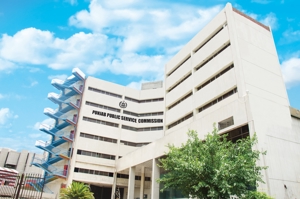

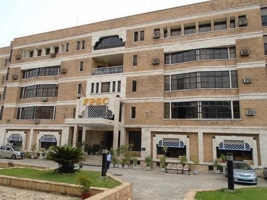
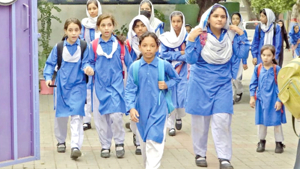

 (1).jpg)